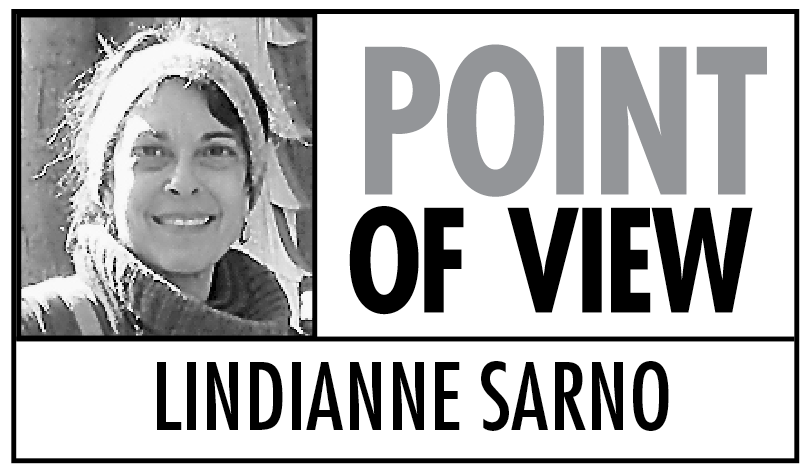Referring to the June 24 Homer City Council meeting and resolution 13-068(A) Amending the Land Allocation Plan to Make the Southwestern Two-thirds Portion of Lot 2, Tract 1-A Fishing Hole Subdivision Available for Lease: Homer’s water-based community feels betrayed and disappointed at the result of this meeting.
The council sidetracked the Wooden Boat Society’s long-standing application to lease a 100-foot-by-100-foot headquarters site on the Pier One Lot.
The Wooden Boat Society proposes to build a maritime center on the Homer Spit to serve the Homer Yacht Club, Kachemak Bay Water Trail, Wooden Boat Society and maritime groups generally. Modeled on the Port Townsend Maritime Center, Homer’s maritime center would provide: water trail safety information; a reference library of maps, charts and books; cultural displays; a gift shop; a multi-bay boat-building shop; and administration of cultural and educational maritime activities. The facility will host maritime safety trainings, sailing and boat-building workshops, knot-tying classes, and provide services to visiting and local mariners, including a storage shed for small boats.
The Pier One Lot already hosts recreational and cultural activities like the Wooden Boat Festival. City Planner Rick Abboud envisions a landscaped public area integrating paths, a public restroom, the Wooden Boat Society headquarters/maritime center, water trail launch site and the fishing lagoon.
Homer’s trail-building guru and water trail advocate Dave Brann comments: “I’d like to see research. How much did the Pier One Lot cost the Port and Harbor Enterprise Fund? For what purpose was it purchased? What kind of reimbursement does the mayor want for the property?”
Brann suggests there is room back of the harbor for boat repair and barge haul-out. The five-acre concrete pad (where the chip pile was) could be roofed over, the existing barge haul-out there could be extended and improved.
At a minimum, Brann recommends, the zone from Pier One to the fishing lagoon should be made recreational/multi-use/commercial. The campground can be increased by 20 sites and become valuable to the city. Dredge spoils could be formed into berms held by natural vegetation and salt grass, delineating campsites.
For years the city has delayed leasing the Wooden Boat Society a site. The Wooden Boat Society in 2010 filed an application, with architectural plans, to lease a space on the Pier One Lot. Apparently the Port and Harbor Commission wishes to turn the Pier One Lot into a barge haul-out facility.
Regarding the Wooden Boat Society lease, Mayor Beth Wythe said, “It’s done, nothing is going forward.”
City Manager Walt Wrede reported that the “line between the Marine Industrial Zoning District and Open Space/Recreation District is just to the south of the Fishing Hole. … Therefore, the Pier One Theatre (and the campground) is in the Marine Industrial District and would not be eligible to receive a lease.”
City Councilwoman Barbara Howard has proposed moving the Pier One Theatre from Pier One Lot.
As Barb Petersen commented, the city offered Pier One Theatre this space in 1985. Why not change the zoning so the Marine Industrial zone would be south of Pier One Theatre, thus allowing the theatre to remain and the proposed maritime center to be built?
Mayor Wythe said, “While nonprofits like Pier One Theatre and the Wooden Boat Society are valuable, Homer remains largely a marine community and needs to make sure it protects the interests of that community.”
We remind the mayor that the Wooden Boat Society serves the marine community by interesting young people in marine trades. In 2013, Big Brothers Big Sisters teamed up with the Wooden Boat Society to build wooden boat kits.
For 20 years the Wooden Boat Society has taught young people to make and repair boats, tie knots, cast bronze and read charts. Alaska marine engineering firms are constantly looking for young Alaska engineers.
In addition to our substantial marine community, Homer is home to many retired folks, independent entrepreneurs, North Slope workers, fishermen and generally well-heeled individuals who choose to live, shop and pay taxes in Homer precisely because of Homer’s quality of life. Homer’s quality of life stems from the valuable work of nonprofit volunteers who build trails, conduct sports, church and family activities, care for seniors, produce festivals, educate the young, ensure fire safety, make music and art, grow, market and donate food for Homer’s food needs, operate Homer’s Farmers’ Market and staff Homer’s library.
Nonprofit organizations provide community services that relieve the government of many responsibilities. A government that treats nonprofit community organizations with disrespect is shooting itself in the foot.
Lindianne Sarno is a composer, music educator, writer and gardener who makes her home in Homer.




